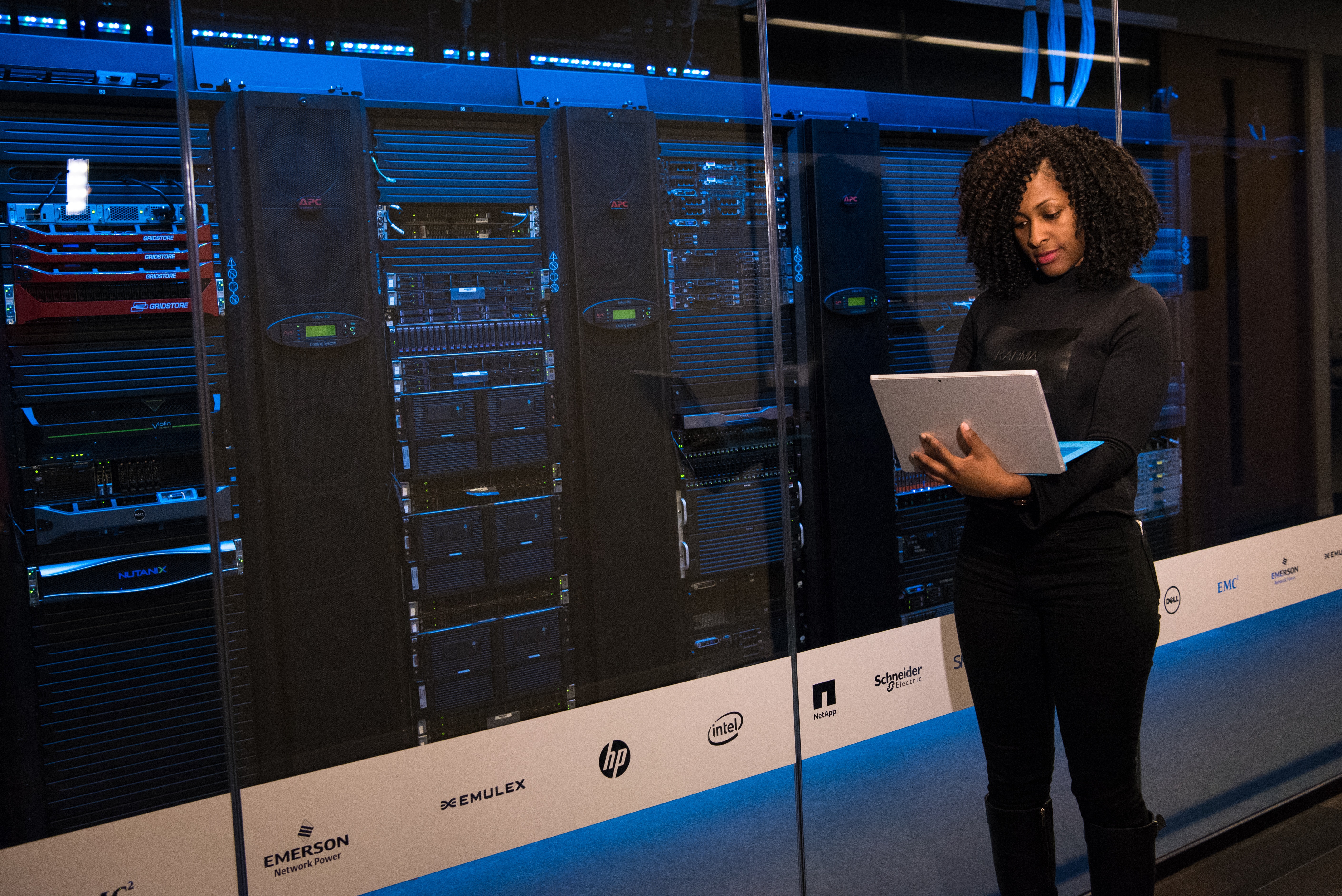STEM Skills in Demand
Jobs in Science, Technology, Engineering and Mathematics (STEM) are among the fastest-growing in today’s job market.
Jobs in Science, Technology, Engineering and Mathematics (STEM) are among the fastest-growing in today’s job market.

The Department of Jobs and Small Business predicts that by 2023, occupations will grow by 10.8%, with an extra 271,300 people working in these industries. As a result of this considerable growth, STEM skills are in high demand and more valued than ever.
The scope of STEM is huge, meaning you don’t necessarily have to become a traditional scientist working in a lab. You could work in anything from Astronomy to Earth Science, Medicinal Research or Veterinary Science. You’ll gain skills to solve large scale problems, preparing you for a career in a wide range of specialisations.
When you work in STEM, you have the ability to cover a diverse knowledge base that’s an invaluable commodity in the current economy. From hard to soft skills, from data analysis and communication, the possibilities are endless.
Our UNSW Science graduates acquire the following in-demand skills:
Technical competence and discipline-specific knowledge. You’ll have the ability to construct new concepts or create new understanding through the process of critical analysis, problem-solving, research and inquiry.
Capacity for creativity, critical evaluation and entrepreneurship. You’ll take responsibility for and demonstrate a commitment to your own progress, motivated by curiosity and an appreciation of the value of learning.
Ability to critically reflect on broad ethical principles and codes of conduct in order to behave consistently with personal respect and commitment to ethical practice and social responsibility. You’ll understand your responsibility of contributing to the community and respect and value social, multicultural and personal diversity.
Effective and appropriate communication in both professional and social (local and international) contexts.
Ability to recognise opportunities and contribute positively to collaborative scientific research, and to perceive the potential value of ideas towards practical applications. You’ll demonstrate a capacity for self-management, teamwork, leadership and decision making based on open-mindedness, objectivity and reasoned analysis in order to achieve common goals.
Ability to make appropriate and effective use of information and information technology relevant to your discipline.